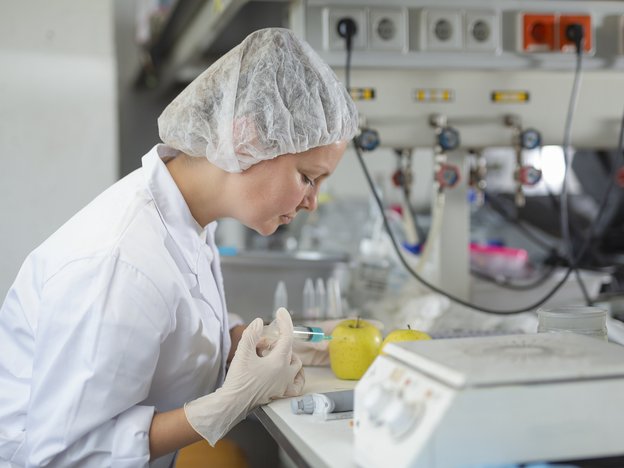Geneticist, Kaimātai iranga
Also known as
- Cell geneticist, clinical geneticist, molecular geneticist, DNA sequencer, genomic investigator, synthetic biologist, research geneticist
Geneticists study genes and inherited traits passed down through generations in humans and other living organisms. They may treat patients with genetic disorders.

Your pay could be
$71K
Lower
$81K to $130K
Most common
$171K
Upper
How does this pay compare?
Pay is before tax

Geneticists
- usually work regular business hours but may work weekends and evenings
- usually work in laboratories, offices, health centres and hospitals, and may travel
- may work in hazardous conditions involving chemicals
- need to be accurate, methodical and identify and solve problems
Tasks
- study genes and traits
- analyse biological samples
- plan biological research
- record research and data results
- interpret research
- read scientific articles
- prepare reports, presentations, proposals and applications
- supervise scientists and lab staff
- attend scientific events
Investigative
Practical
Creative
Interests that fit this job
Interest quiz,
Kairoro Whakaritea
Do the Interest quiz to find out how well your interests fit with this job.
Do the quizYou need a qualification to become a geneticist and experience may be useful.
You need
- a relevant tertiary qualification in biological sciences or similar area
You may need
- experience as a practising medical doctor to become a clinical geneticist
- to become a Fellow of the Royal Australasian College of Professionals in clinical genetics
- to register with the Medical Council of New Zealand under the clinical genetics scope of practise
If you’re in school
You need NCEA Level 3 to do the study or training for this job.
Loading job ads
Other career ideas in Biology and chemistryĒtahi atu huatau aramahi i Mātai koiora me te matū,
Showing career ideas 1-6 of 14